Reopen schools or brace for consequences, UN warns South Asian countries
United Nations children’s agency has urged the South Asian countries to fully reopen schools, warning against the consequences of interrupted education of more than 400 million children.
United Nations International Children's Emergency Fund (UNICEF) this week said that India and its neighbors should reopen the schools that were shut in the wake of the coronavirus pandemic, warning that the consequences could last decades if the schools remain shut.
“This happened in a region where there were no strong conditions for remote learning,” said George Laryea-Adjei, UNICEF’s regional director for South Asia.
According to the agency, schools in Bangladesh remained shut for almost 18 months, one of the longest closures in the world, while schools in other South Asian countries were shut for an average of 31.5 weeks between March 2020 and August this year.
“Access to internet and devices was very uneven. And we see a severe learning deficiency, especially among poor communities and girls – because often boys are more trusted with technology,” Laryea-Adjei noted.
According to a survey conducted in India, the proportion of grade 3 children who could read a grade 1 level text, has fallen from 42 percent in 2018 to 24 percent in 2020.
Students have also suffered from psychosocial distress, poor mental health and increased risk of violence, after being out of school. Underage girls have been at a high risk of early marriage, after staying at home for more than a year.
“The cost of inaction would be a weaker labor force in a few years, it is going to show,” said Laryea-Adjei, adding that “the consequences will be long term.”
Schools in India, Bangladesh, Nepal and Afghanistan remain only partially open, while Pakistani and Sri Lankan schools are fully open, according to a UNESCO database.
Millions of children are reportedly left without lifesaving vaccines, and child mortality is projected to rise in the region.
Meanwhile, according to reports, with the detection of the cases of Omicron, the new variant of COVID-19, the third wave of coronavirus could hit the peak in India by February.
The cases are likely to be reaching up to 1-1.5 lakh a day in the country, but it will be milder than the second wave, Manindra Agarwal, IIT scientist involved in the mathematical projection of trajectory of COVID-19, was quoted as saying by PTI.
Missile sirens will never stop in Israeli-occupied territories, Iran warns
Leader’s martyrdom will drive Iran to greater dignity and victory: Senior cleric
Iran calls on IAEA to condemn fresh US-Israeli attacks on nuclear site
Murder of innocence: Israeli-US aggression on southern Iran school killed 165 children
Israeli PM’s fate unclear after ‘surprise’ missile attack on his office: IRGC
Iran Armed Forces shoot down US F-15 fighter jet near Kuwait border
IRGC, Army launch fresh waves of missile strikes against Israeli, US targets
Red Crescent Society: 555 people killed across Iran in US-Israeli onslaughts


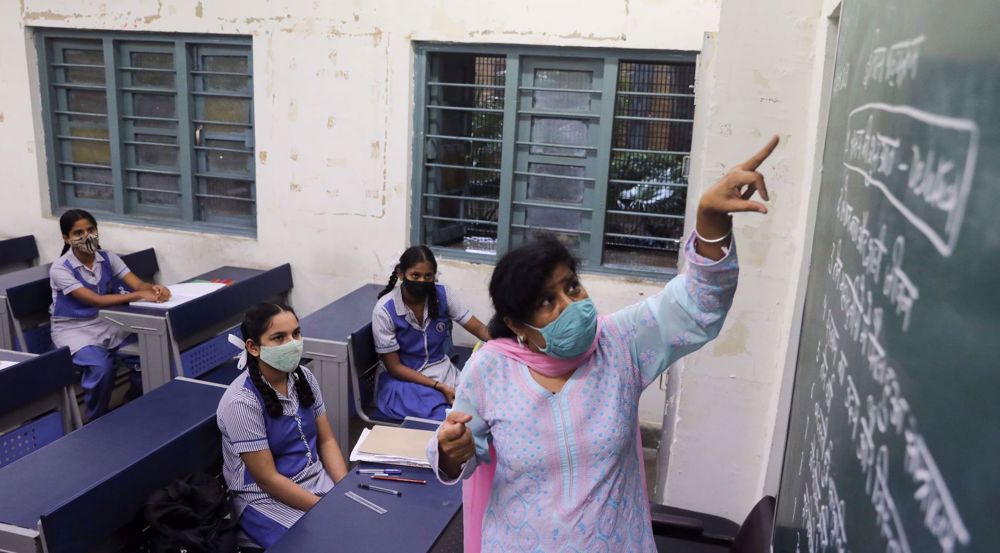
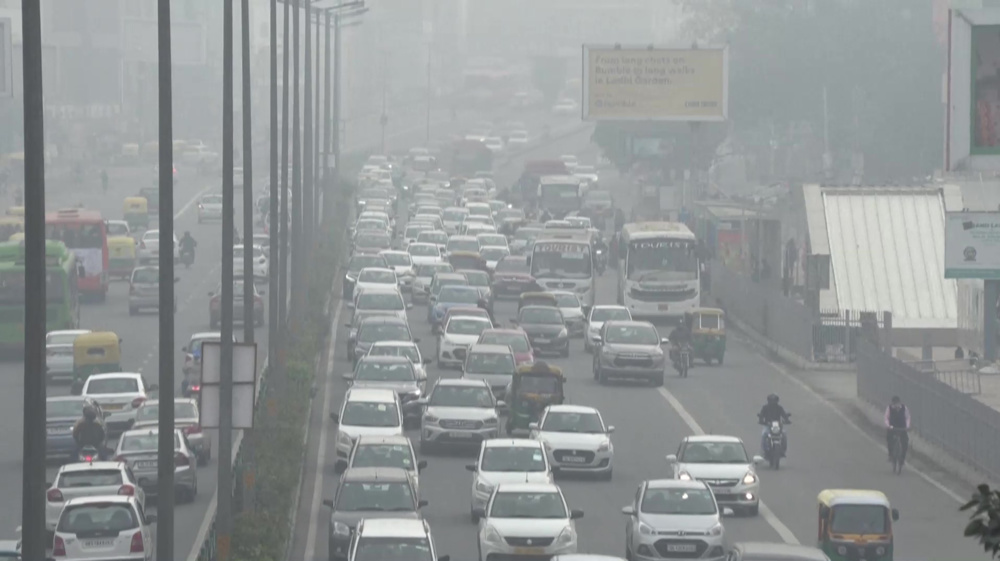







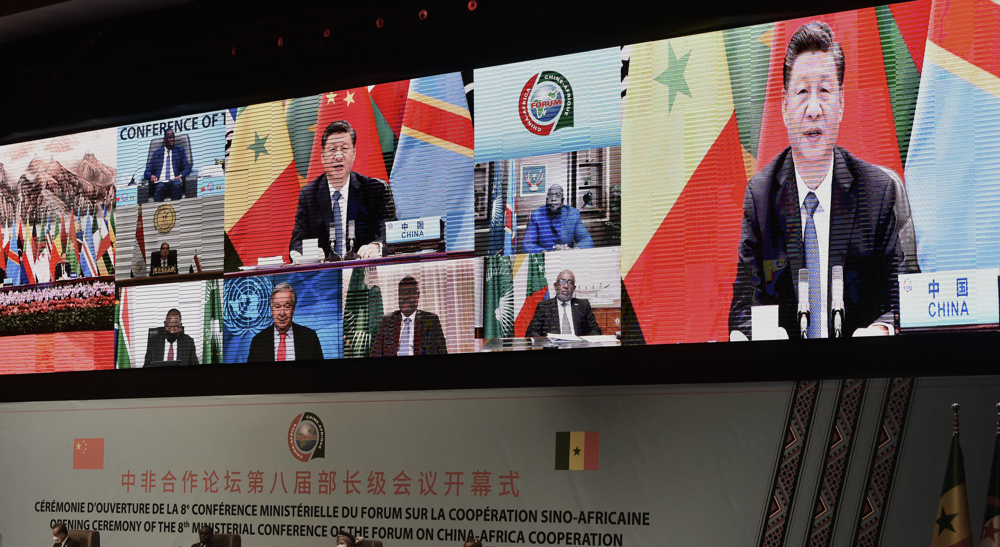
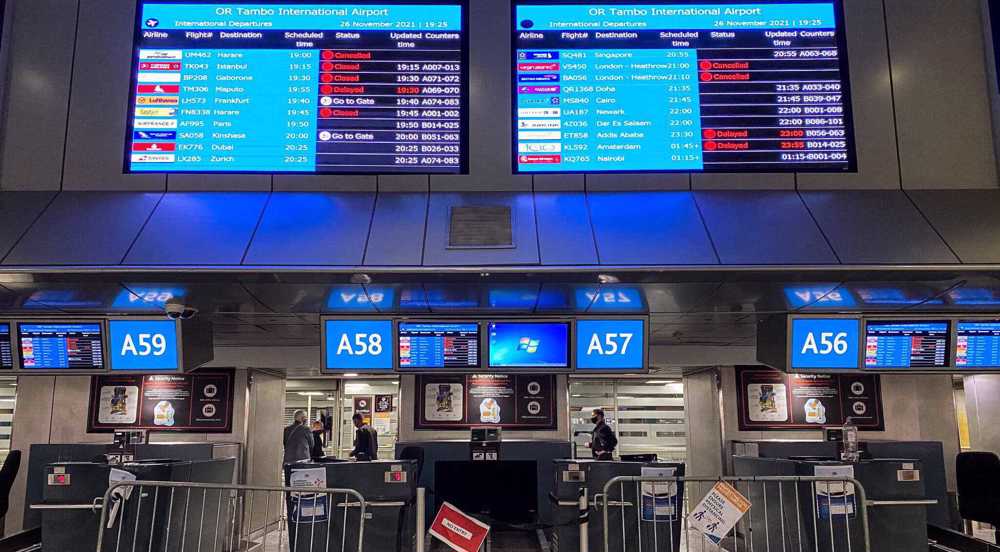
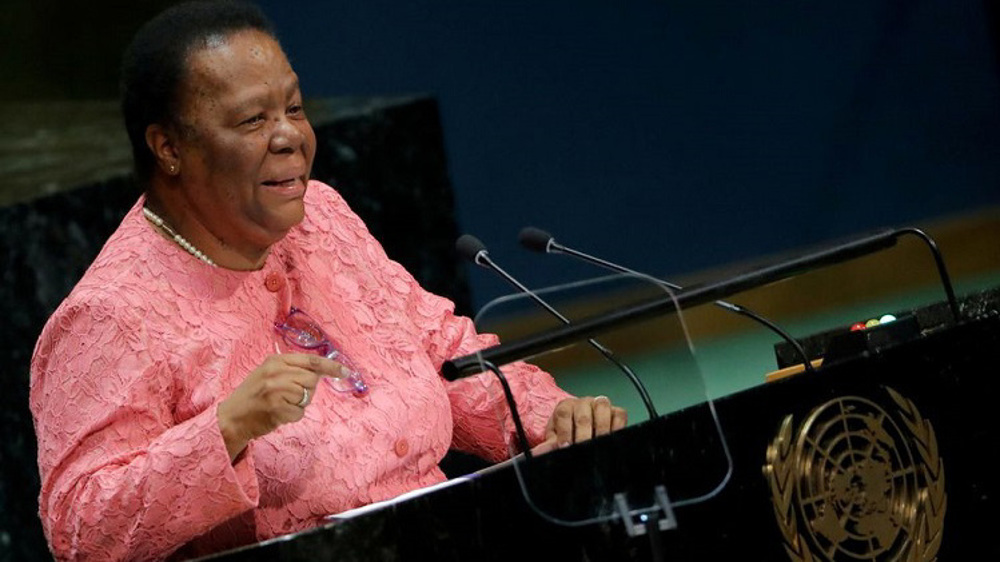

 This makes it easy to access the Press TV website
This makes it easy to access the Press TV website